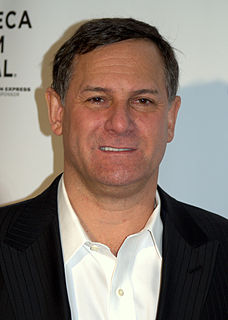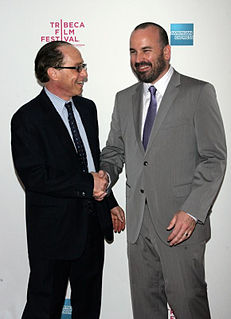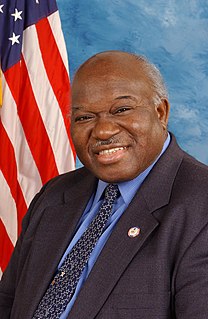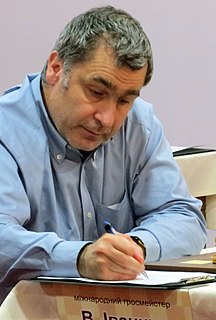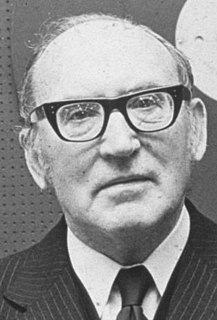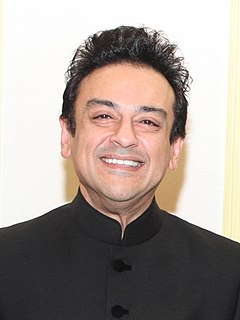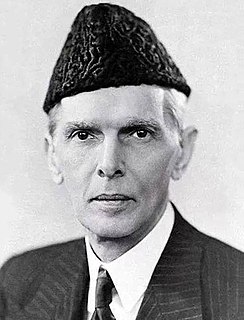A Quote by Arfa Karim
At the age of 5, when I was in kindergarten, I often used to pass by the computer labs and see students doing work on computers. I realized that calculation, which would take us a long time to do, can be done in less than a second with the help of computers. So that is how my interest in computers began.
Related Quotes
In our age of individualism, we see computers as ways through which we can express our individuality. But the truth is that the computers are really good at spotting the very opposite. The computers can see how similar we are, and they then have the ability to agglomerate us together into groups that have the same behaviours.
Everything is being run by computers. Everything is reliant on these computers working. We have become very reliant on Internet, on basic things like electricity, obviously, on computers working. And this really is something which creates completely new problems for us. We must have some way of continuing to work even if computers fail.
Computers get better, faster than anything else ever. A child's PlayStation today is more powerful than a military supercomputer from 1996. But our brains are wired for a linear world. As a result, exponential trends take us by surprise. I used to teach my students that there are some things, you know, computers just aren't good at like driving a car through traffic.
It's a very special generation, because during our careers the computer entered chess. So we know how to play without computers, which is also important. We can analyse without computers. I am not saying that younger players cannot do this, but we are more in the habit of doing this. That's important to improve your chess understanding.


